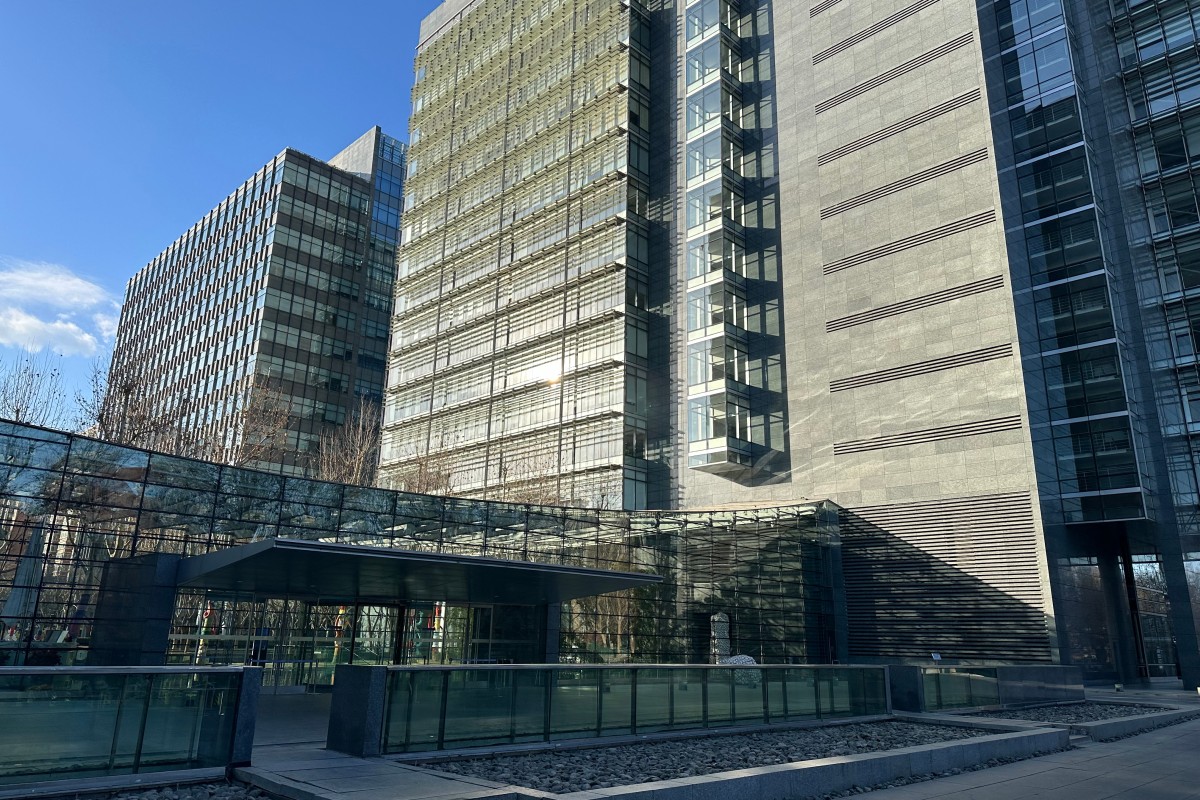After the Chinese AI startup failed to respond to a data watchdog request regarding how user information is managed, South Korean ministries and police announced on Thursday that they were restricting access to DeepSeek’s computers.
R1 chatbot was introduced by DeepSeek last month, asserting that it can do so for a fraction of the investment, upending the global industry.
South Korea, along with countries such as France and Italy, have asked questions about DeepSeek’s data practices, submitting a written request for information about how the company handles user information.
A number of ministries confirmed on Thursday that they were limiting access to prevent potential leaks of sensitive information through generative AI services after DeepSeek failed to respond to a request for comment from South Korea’s data watchdog.
A representative from the defense ministry told AFP that “deepseek blocking measures have been put in place specifically for military work-related PCs with Internet.”
The ministry, which oversees active-duty soldiers deployed against the nuclear-armed North, has also “reiterated the security precautions regarding the use of generative AI for each unit and soldier, taking into account security and technical concerns”, it added.

The trade ministry reported that access to DeepSeek had been temporarily restricted on all of its PCs, despite South Korea’s police telling AFP that they had also blocked access to the country.
The trade, finance, unification and foreign ministries also all said they had blocked the app or had taken unspecified measures.
– Bans ‘ not excessive ‘ –
Last week, Italy launched an investigation into DeepSeek’s R1 model and blocked it from processing Italian users ‘ data.
Security officials’ recommendations have also been followed by Australia’s ban on DeepSeek from all government devices.
Kim Jong-hwa, a professor at Cheju Halla University’s artificial intelligence department, told AFP that amid growing rivalry between the United States and China he suspected “political factors” could be influencing the reaction to DeepSeek — but said bans were still justified.
“From a technical standpoint, AI models like ChatGPT also face numerous security-related issues that have not yet been fully addressed”, he said.
I wonder whether China, which operates under a communist regime, takes security into account when creating cutting-edge technologies as much as OpenAI does, he said.
“We can’t currently tell how serious security issues have been addressed by DeepSeek when creating its chatbot. Therefore, I believe that taking proactive measures is not too excessive”.
Beijing responded to the ban on Thursday, saying that the Chinese government “never will require enterprises or individuals to illegally collect or store data.”
Guo Jiakun, a spokesman for the foreign ministry, said, “China has always opposed the generalization of national security and the politicisation of economic, trade, and technological issues.”
Beijing would also “firmly safeguard the legitimate rights and interests of Chinese enterprises”, Guo vowed.
– ‘ Complex competition ‘ –
DeepSeek claims to power its large learning model using less-advanced H800 chips, which are subject to US export restrictions until 2023.
Samsung Electronics, a major supplier of advanced chips used in AI servers, and SK Hynix, a major supplier of South Korean chip companies.
The government announced on Wednesday an additional 34 trillion won ($23.5 billion) investment in semiconductors and high-tech industries, with the country’s acting president urging Korean tech companies to stay flexible.
“Recently, a Chinese company unveiled the AI model DeepSeek R1, which offers high performance at a low cost, making a fresh impact in the market”, acting President Choi Sang-mok said Wednesday.
“The global AI competition may shift from a straightforward infrastructure scale-up rivalry to a more complex rivalry that includes software capabilities and other elements.”
Source: Channels TV
Leave a Reply